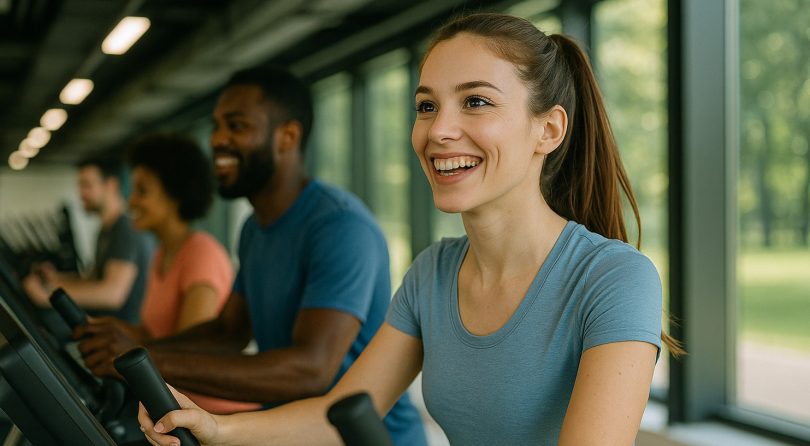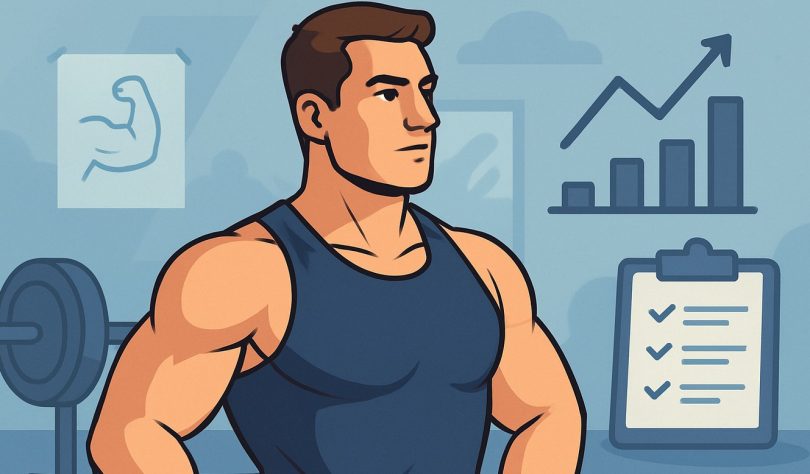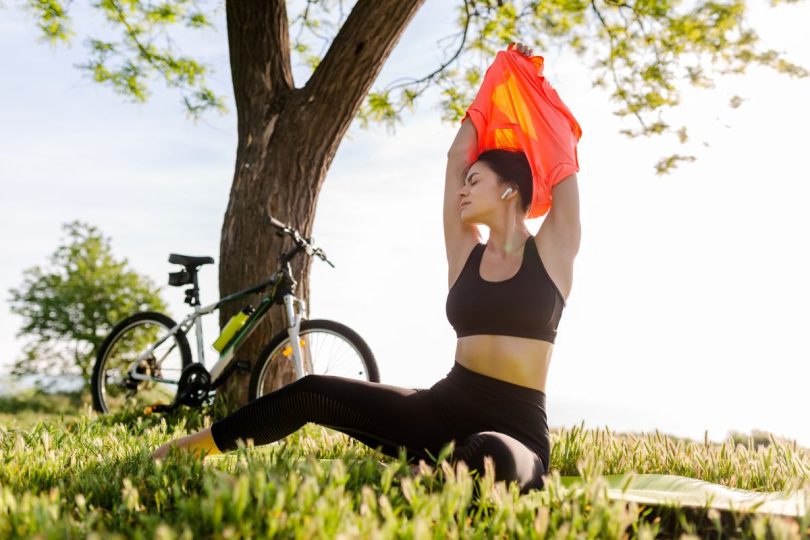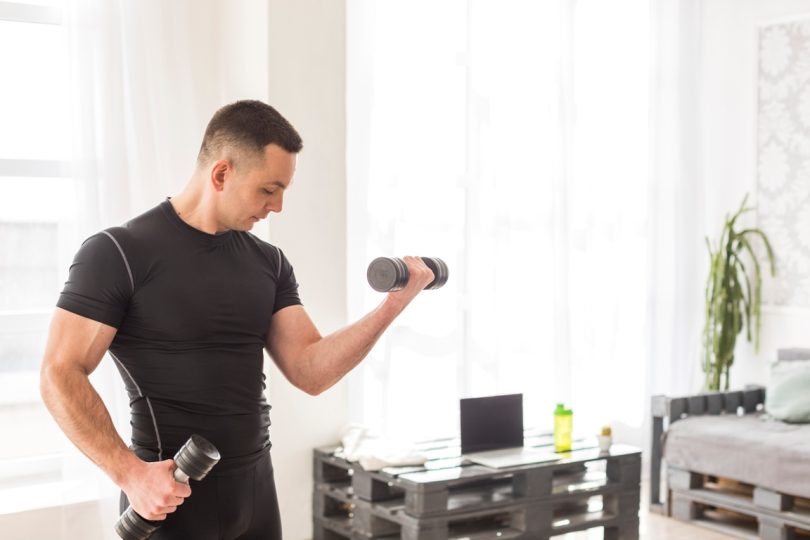Learn why physical fitness matters, what exercises to include, and how to stay motivated to improve your health, energy, and longevity.
Understanding Physical Fitness
Physical fitness is your body’s ability to perform daily tasks with ease, while also having enough energy left for recreational activities. It includes multiple components:
- Cardiovascular endurance: How well your heart and lungs deliver oxygen during activity.
- Muscular strength: The power of your muscles to lift or move things.
- Muscular endurance: How long your muscles can sustain effort.
- Flexibility: Your joints’ range of motion.
- Body composition: The ratio of fat to lean mass in your body.
Benefits of Maintaining Physical Fitness
1. Improved Physical Health
Regular activity lowers your risk of chronic diseases like heart disease, diabetes, and obesity.
2. Mental Well-Being
Exercise reduces stress, anxiety, and depression. It boosts the production of endorphins—natural mood elevators.
3. Increased Energy and Better Sleep
Physically fit individuals tend to feel more energized and experience deeper, more restful sleep.
4. Better Mobility and Balance
Fitness activities strengthen the core and stabilizer muscles, improving posture and preventing falls.

Practical Physical Fitness Exercises
Here are some key exercises that target the major components of physical fitness:
Cardiovascular Training
- Brisk walking or jogging
- Cycling
- Swimming
- Jump rope
Strength Training
- Push-ups
- Squats
- Dumbbell or resistance band routines
Flexibility Workouts
- Yoga
- Static stretching after workouts
Endurance Builders
- Circuit training
- HIIT (High-Intensity Interval Training)
Tips for Staying Motivated
- Set short-term and long-term goals.
- Track your progress with fitness apps or journals.
- Vary your workouts to prevent boredom.
- Join group classes or find a workout buddy.
Frequently Asked Questions (FAQs) About Physical Fitness
Q: How much exercise do I really need?
A: Aim for at least 150 minutes of moderate aerobic activity per week, plus strength training twice a week.
Q: Can I improve fitness without going to the gym?
A: Absolutely. Bodyweight exercises, walking, and online workouts at home are very effective.
Q: How soon will I see results?
A: Most people notice improvements in energy and mood within 2-4 weeks, while visible physical changes may take 6-8 weeks.
Final Thoughts
Physical fitness doesn’t require perfection—just consistency. By integrating a variety of exercises, staying motivated, and maintaining a positive mindset, you can transform your physical health for the better.






